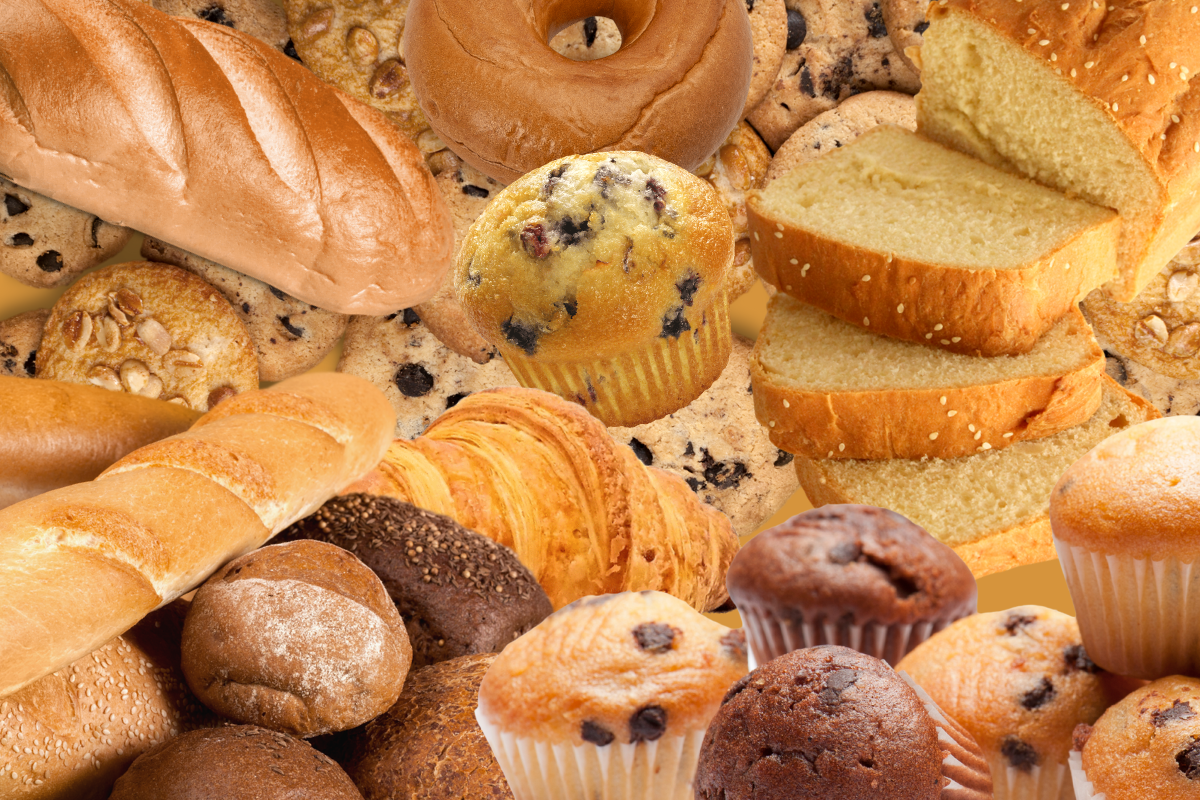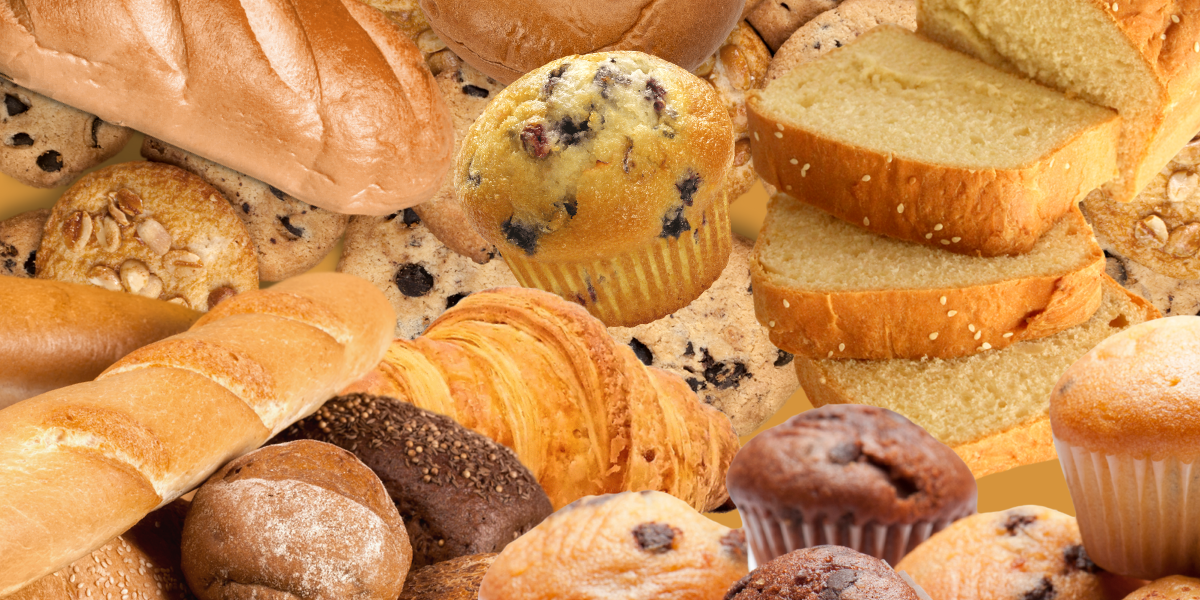The Jewish holiday of Passover begins today, and temples around the island plan to celebrate with food, prayer and community.
The holiday, which commemorates the Jewish people’s exodus from ancient Egypt, continues through April 13 and includes special prayer services and ceremonial dinners, called seders.
Temple Emanu-El of Palm Beach, at 190 N. County Road, will mark the holiday with Passover services on Thursday and Friday and a second-night seder and sing-along on Thursday.

Then, of course, there’s the less joyous part of Passover — the part that we all tire of quickly, the part that makes us eager for sunset on the eighth night. This part involves scrutinizing ingredient lists and nutritional labels to find hidden chametz in everyday foods. It involves carefully planning your meals, and thinking about every ingredient, days in advance. It means walking past the tempting breads and pastries that seemingly haunt you everywhere, from the baguettes in the grocery store to the muffins in the dining hall to the bags of Chips Ahoy at the gas station. It involves turning away from melt-in-your-mouth, delectable pizza at the office party in favor of the bland side salad that sits in a pathetic melamine bowl on the edge of the table.
This is difficult for everyone. But, for some, particularly those of us with a history of disordered eating and body image issues, it is more than a mere inconvenience.
It is well-documented that many of the behaviors necessary for the “full” observance of Passover, such as reading ingredient labels and heavily restricting certain foods, can be harmful to individuals with a history of disordered eating. This is true both for those with a formally diagnosed disorder and for those who simply have a difficult relationship with food in general — a large section of the population. Yet there is little to no discussion of this within the Jewish community.
Restricting eating while in recovery from an eating disorder actually goes against Jewish values. In Judaism, pikuach nefesh, the preservation of life, is the most holy act that one can do. It is prioritized over virtually all other mitzvot, including kashrut and the observance of holidays. Eating disorders are a leading cause of death in the USA: Every 52 minutes, someone dies from eating disorder-related causes. Unfortunately, that number is only on the rise.
If for you, there is even a chance that keeping kosher for Passover could lead to a relapse of disordered eating, you are not halachically obliged to do so. By prioritizing your own health and your recovery, you are not less Jewish in any way. In fact, you are fulfilling the most important of all the mitzvot.
When I realized that restricting my eating was harmful for my mental health, leading my mind in circles, I felt conflicted. I’d learned about pikuach nefesh from a young age, in my earliest days of Hebrew school, and in my religious studies courses in college. However, at the same time, I felt like I was somehow cheating. Everyone finds keeping kosher for Passover difficult, right? I knew that it was different for me, that I was trusting my instinct, doing what was right. But sometimes, I still felt as if I was ignoring the essence of the holiday.
After much reflection and teshuvah, I now remind myself that at its core, Passover as a holiday is not about restricting food merely for the sake of restricting food. The foods are symbols, reminders of our struggles, to help guide our reflections. An essential theme of the Haggadah, as the sages say, is that “in every generation, every Jew must see himself as if he had been liberated that day from Egypt.” There are many ways to accomplish this goal — eating a restricted set of foods is but one of them. You can reflect on the ways in which you feel free, the ways that you feel trapped. You can read the story of Passover with your friends and family and talk about what this over-3,000-year-old tale can teach us today. You can help the world realize a vision of freedom by using your voice to fight for causes that are important to you. I’ve found meaning observing Passover in these ways; they’ve connected me to the spirit of the holiday just as much as giving up chametz would.
And of course, it is important to enjoy the small joys of Passover: the songs, the seder plate, the community and, yes, even the children’s books.
 Gistfox Your News Window To The World
Gistfox Your News Window To The World 




